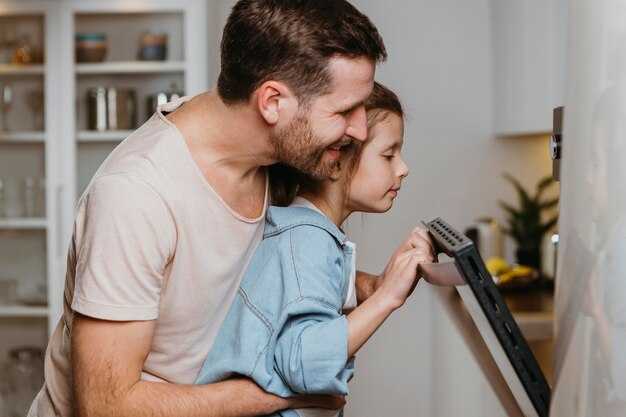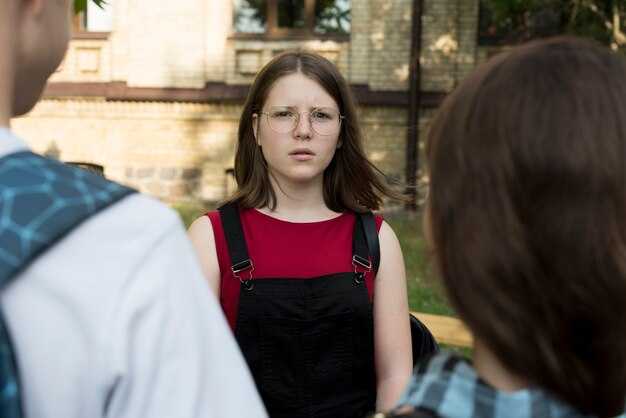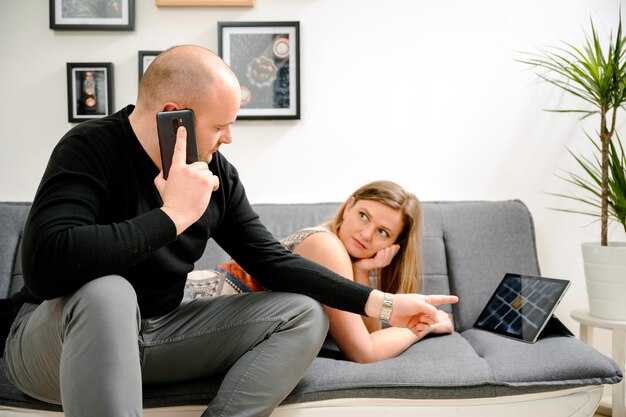hey — I read a comment that genuinely enraged me: someone wrote, “I love how in your videos the parents are always to blame, no personal accountability for the newer generation.” Let me explain why that drives me up the wall. I’m not claiming every parent fits this description, but there are caregivers who behave as if their children are a burden. Some implicitly teach kids that love must be earned. They explode in anger, manipulate, control, fail to provide a safe emotional refuge, or neglect their children outright. Over time, a child can come to believe that emotional, physical, or psychological harm is what love looks like. Children often lack the perspective to label their caregivers as bad. Instead of thinking, “My parents are failing me,” they conclude, “I must be terrible if I’m treated like this.” So please don’t dismiss how the first relationship with your caregivers influences later connections — so much of it is linked. That early dynamic is often where self-loathing originates; it’s where your sense of worth began to be shaped and where you were first told, by words or actions, that you weren’t deserving of love. Childhood is a classroom: whether we realize it or not, we’re learning lessons there. We learn if it’s safe to have feelings and needs, whether vulnerability will be met with punishment or acceptance, whether we deserve respect, and if setting boundaries is allowed. All of these lessons affect the relationships we form as adults — they can’t help but do so. That’s why it frustrates me when someone accuses people of simply blaming parents when they examine the patterns and mindsets implanted in early life. Of course we shouldn’t use childhood as an excuse to avoid taking responsibility for how we act now — we must own our present choices. But truly owning them requires understanding their origins; the first step is asking why a behavior exists. Childhood often contributes to the subconscious fears that drive us, sometimes without our awareness. Recognizing that doesn’t justify repeating harmful behaviors, but it does matter: it’s like pulling weeds — if you don’t remove the roots, the problem keeps returning. So let’s be willing to look closely, accept responsibility, heal, grow, and mature. Have the bravery to try a different way of being. I’m proud of anyone who is on that path toward healing.
Here are concrete, practical things you can do if you recognize these patterns in your history or current family life:
- Learn to identify common signs: emotional neglect, inconsistent affection, frequent criticism, gaslighting, overcontrol, refusing to apologize, and turning you into a confidant for their adult problems. Noticing these behaviors is the first step.
- Map the impact on you: make a short list of ways your upbringing shows up now — e.g., fear of abandonment, people-pleasing, difficulty trusting, panic when partners need space, or shutting down during conflict. Naming the patterns reduces their unconscious power.
- Practice small boundary experiments: start with low-stakes limits (e.g., “I can’t talk right now; I’ll call later”) and build tolerance for discomfort. Use simple scripts: “When you raise your voice, I feel unsafe. I’ll step away and come back when we can speak calmly.”
- Build emotion regulation skills: learn short grounding tools — deep belly breaths (4-4-6), 5-4-3-2-1 grounding, or a 60-second body scan — so you can respond rather than react in heated moments.
- Practice self-compassion and reparenting: challenge inner critical messages by asking, “Would I speak to a child this way?” Offer yourself soothing phrases, small acts of care, and consistent structure (sleep, nutrition, movement) to rebuild trust in yourself.
- Try targeted therapy: look for trauma-informed or attachment-focused therapists. Approaches that help include Cognitive Behavioral Therapy (CBT), Schema Therapy, Internal Family Systems (IFS), EMDR (for trauma), and therapies that focus on relational patterns. Group therapy or support groups can also reduce isolation.
- Learn healthier communication moves: use “I” statements (e.g., “I feel hurt when…”), ask for what you need clearly, and practice reflective listening with a friend or partner: repeat back what you heard before responding.
- Differentiate responsibility from blame: accept that your history shaped you without letting it excuse harmful present behavior. When you hurt someone, apologize and repair; when your past explains a reaction, use it as information to change course.
- Limit exposure if necessary: in some cases, reducing contact with emotionally immature or abusive caregivers is essential for safety and healing. Boundaries can be temporary, partial, or permanent depending on the situation.
Short scripts to try when old patterns flare up:

- To set a boundary: “I won’t engage when you shout. We can talk when we’re both calm.”
- To express need: “I’m asking for support right now. It would help me if you could listen for five minutes.”
- To take a pause: “I’m getting overwhelmed. I need a 20-minute break and then we can continue.”
- To own your part without letting history be an excuse: “I overreacted just now. I’m working on this because I learned unhealthy ways to cope as a child.”
Quick daily practices to rewire learned shame or hypervigilance:
- One-minute daily check-ins: name one feeling and one need.
- Write three things you did well each day, no matter how small.
- Track triggers for a week to see patterns; noticing is the first step toward choice.
If you’re in a relationship now, consider couples work that focuses on attachment and communication patterns — but only if it feels safe and both partners are willing. And if you’re ever unsure whether a therapist or approach is right, ask about their experience with family-of-origin issues, attachment trauma, or emotionally immature caregivers before committing.

Finally: change is slow and nonlinear. You will relapse into old defenses sometimes — that’s expected. The difference is that you’ll get better at recognizing the relapse, understanding its roots, and choosing a different response. Healing doesn’t mean excusing past harm; it means learning to be the adult you needed when you were younger. Keep going — progress, not perfection.


 Emotionally Immature Parents set you up to FAIL in your Relationships">
Emotionally Immature Parents set you up to FAIL in your Relationships">

 Why Your Ex Will Never Replace You (And Here’s Proof) | Avoidant attachment style">
Why Your Ex Will Never Replace You (And Here’s Proof) | Avoidant attachment style">
 5 Shocking Reasons You Shut Down Emotionally (That No One Told You)">
5 Shocking Reasons You Shut Down Emotionally (That No One Told You)">
 Validating Pain in the Past">
Validating Pain in the Past">
 When the Avoidant Comes Back: Decoding Their 4 Texts (And How to Respond to Reclaim Your Power)">
When the Avoidant Comes Back: Decoding Their 4 Texts (And How to Respond to Reclaim Your Power)">
 Their Actions Have Consequences.">
Their Actions Have Consequences.">
 What Happens When you Neglect a People Pleaser? || Burnt Out Pursuer">
What Happens When you Neglect a People Pleaser? || Burnt Out Pursuer">
 Stop the Damage From These Parents Now (4-Video Compilation)">
Stop the Damage From These Parents Now (4-Video Compilation)">
 Some People Have THIS Huge Advantage (#4 In My "Playing Small" Series)">
Some People Have THIS Huge Advantage (#4 In My "Playing Small" Series)">
 Marriage can be VERY lonely.">
Marriage can be VERY lonely.">
 What an Avoidant is REALLY Thinking During No Contact">
What an Avoidant is REALLY Thinking During No Contact">